 A while back someone submitted a question to me about masturbation and whether it was sinful or not.
A while back someone submitted a question to me about masturbation and whether it was sinful or not.
There is also a thread in the forum about masturbation, through only one person has attempted an answer on it…
It is a very … touchy … subject to deal with.
So as I was recently reading through the Letters of C. S. Lewis, I was surprised to learned that
(1) C. S. Lewis struggled with the temptation of masturbation, and
(2) he had a pretty good theological answer for it.
Here is What C. S. Lewis said about Masturbation
I agree that that the stuff about ‘wastage of vital fluids’ is rubbish. For me the real evil of masturbation would be that it takes an appetite which, in lawful use, leads the individual out of himself to complete (and correct) his own personality in that of another (and finally in children and even grandchildren) and turns it back: sending the man back into the prison of himself, there to keep a harem of imaginary brides.
And this harem, once admitted, works against his ever getting out and really uniting with a real woman. For the harem is always accessible, always subservient, calls for no sacrifice or adjustments, and can be endowed with erotic and psychological attractions which no real woman can rival.
Among these shadowy brides he is always adored, always the perfect lover: no demand is made on his unselfishness, no mortification is ever imposed on his vanity. In the end, they become merely the medium through which he increasingly adores himself.
Do read Charles Williams’ Descent into Hell, and study the character of Mr. Wentworth. And it is not only the faculty of love which is thus sterilized, forced back on itself, but also the faculty of imagination.
The true exercise of imagination, in my view, is (a) To help us to understand other people (b) To respond to, and, some of us, to produce art. But it has also a bad use: to provide for us, in shadowy form, a substitute for virtues, successes, distinctions, et cetera which ought to be sought outside in the real world — e.g., picturing all I’d do if I were rich instead of earning and saving.
Masturbation involves this abuse of imagination in erotic matters (which I think bad in itself) and thereby encourages a similar abuse of it in all spheres.
After all, almost the main work of life is to come out of our selves, out of the little, dark prison we are all born in. Masturbation is be avoided as all things are to be avoided which retard this process. The danger is that of coming to love the prison (Lewis, Yours, Jack, 292-293).

In a later letter to a different man, C. S. Lewis wrote this about masturbation:
The evidence seems to be that God sometimes works such a complete metamorphosis and sometimes not. We don’t know why: God forbid we should presume it went my merit.
He never in my unmarried days did it for me. He gave me–at least and after many ups and down, the power to resist the temptation so far as the act was concerned. He never stopped the recurrent temptations, nor was I guarded from the sin of mental consent. I don’t mean I wasn’t given sufficient grace. I mean that I sometimes fell into it, grace or no.
One may, I suppose, regard this as partly penal. One is paying for the physical (and still more the imaginative) sins of one’s earlier life. One my also regard it as a tribulation, like any other. The great discovery for me was that the attack does not last forever. It is the devil’s lie that the only escape from the tension is through yielding.
… Disgust, self-contempt, self-hatred–rhetoric against the sin and (still more) vilification of sexuality or the body in themselves–are emphatically not the weapons for this warfare. We must be relieved, not horrified, by the fact that the whole thing is humiliating, undignified, ridiculous; the lofty vices would be far worse.
Nor must we exaggerate our suffering. We talk of ‘torture’: five minutes of really acute toothache would restore our sense of proportion! In a word, no melodrama. The sin, if we fall into it, must be repented, like all our others. God will forgive. The temptation is a darn nuisance, to be born with patience as long as God wills.
On the purely physical side (but people no doubt differ) I’ve always found that tea and bodily weariness are the two great disposing factors, and therefore the great dangers. Sadness is also a danger: lust in my experience follows disgruntlement nearly always. Love of every sort is a guard against lust, by a divine paradox, sexual love is a guard against lust. No woman is more easily and painlessly abstained from from, if need be, than the woman one loves. And I’m pretty sure purely male society is an enemy to chastity. I don’t mean a temptation to homosexuality: I mean that the absence of ordinary female society provokes the normal appetite (Lewis, Yours, Jack, 307-308).
C. S. Lewis on “Wanting a Woman”
We use a most unfortunate idiom when we say, of a lustful man prowling the streets, that he “wants a woman.” Strictly speaking, a woman is just what he does not want.
“He wants a pleasure for which a woman happens to be the necessary piece of apparatus. How much he cares about the woman as such may be gauged by his attitude to her five minutes after fruition (one does not keep the carton after one has smoked the cigarettes).
“Now Eros makes a man really want, not a woman, but one particular woman. In some mysterious but quite indisputable fashion the lover desires the Beloved herself, not the pleasure she can give.”
(#AmazonAdLink) –The Four Loves
So what are your thoughts? Is C. S. Lewis right about what he says regarding masturbation? Is he wrong? Feel free to comment anonymously!



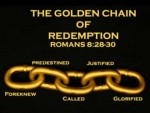
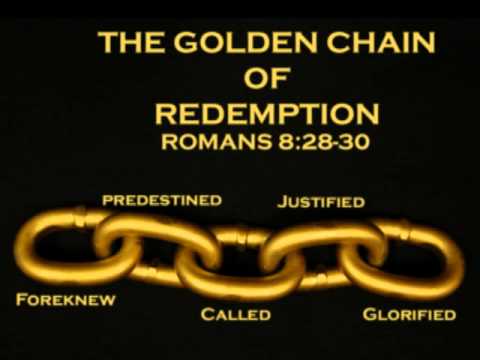
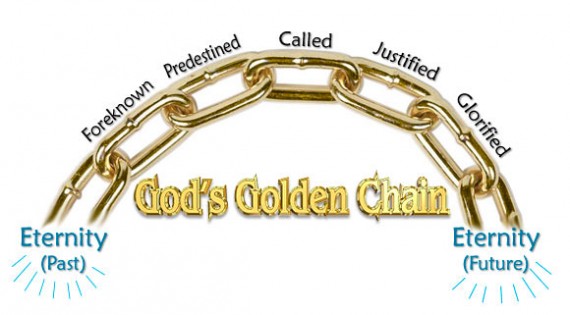
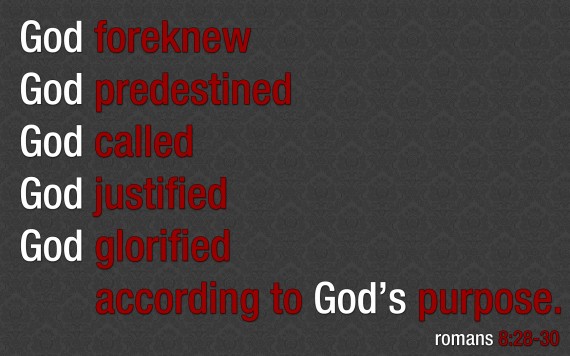

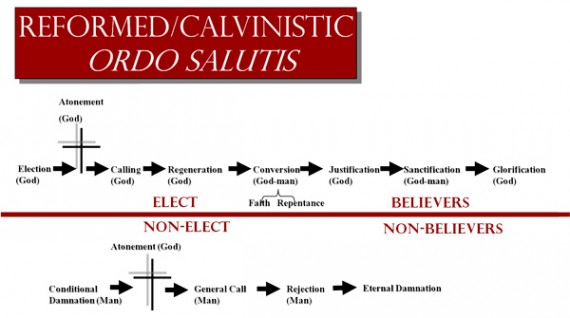
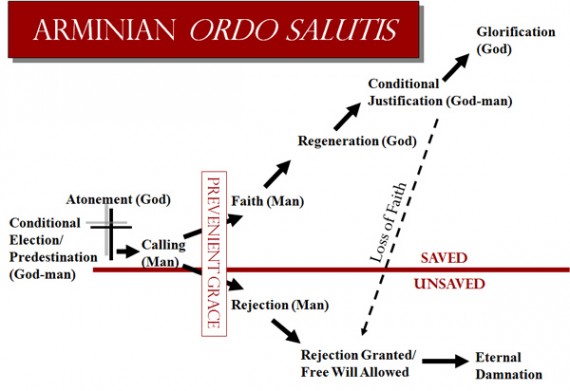


 Lots of people are really enjoying my most recent book.
Lots of people are really enjoying my most recent book.


 The GPS said it would take about 3 hours to arrive.
The GPS said it would take about 3 hours to arrive. Yet when we arrived, I was absolutely shocked to discover that there were dozens of cars and campers already there. And most of the cars were the little two-door and four-door sedans you see driving around a major city; none of them could have traversed the road we had just traveled.
Yet when we arrived, I was absolutely shocked to discover that there were dozens of cars and campers already there. And most of the cars were the little two-door and four-door sedans you see driving around a major city; none of them could have traversed the road we had just traveled. Yes, I am talking about the Bible.
Yes, I am talking about the Bible. Thanks as well to all the people who posted reviews of the book! Here are some of the comments they made:
Thanks as well to all the people who posted reviews of the book! Here are some of the comments they made:
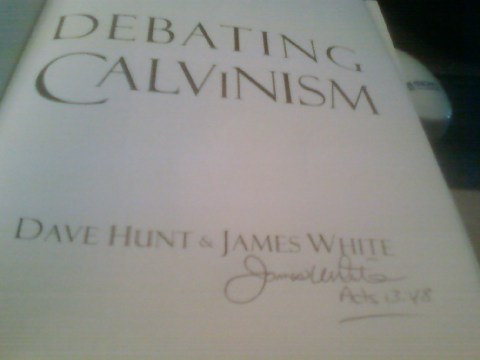







 John 10:26 is often cited by Calvinists as a clear statement about Unconditional Election and how people do not become God’s “sheep” because they believe in Jesus; instead, they believe in Jesus because they were already God’s sheep.
John 10:26 is often cited by Calvinists as a clear statement about Unconditional Election and how people do not become God’s “sheep” because they believe in Jesus; instead, they believe in Jesus because they were already God’s sheep.
 When Jesus talks in John 10:7-10 about being the door for the sheep, He is not necessarily talking about how a person receives eternal life, but is instead talking about how a person finds protection and safety in this life, from those who wants to steal, kill, and destroy.
When Jesus talks in John 10:7-10 about being the door for the sheep, He is not necessarily talking about how a person receives eternal life, but is instead talking about how a person finds protection and safety in this life, from those who wants to steal, kill, and destroy.
